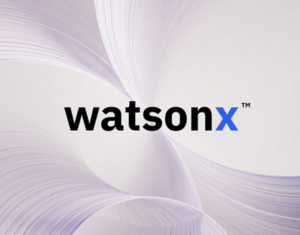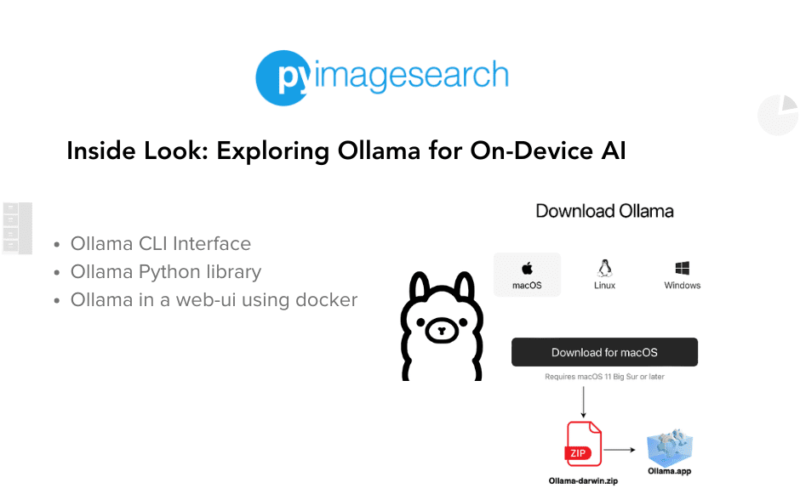via Shutterstock
As the business world eagerly embraces the potential of GenAI, many companies are discovering that there are still lots of challenges along the way. One of the key challenges is complexity.
Companies are struggling to use decision-making tools because they are too complex. This is evident in the lack of growth in the adoption of business intelligence (BI) and data analytics tools. The percentage of employees actively using BI and analytics tools currently stands at only 25% on average.
Despite advances in technology and investment in literacy programs to educate employees on the use of data, the rate of BI adoption within organizations remains largely stagnant.
Business decision-makers often rely on their team of data analysts to manage and interpret complex BI data. However, this dependence creates significant bottlenecks, hindering overall productivity, and stalling BI adoption.
To address this issue, IBM has developed the IBM watsonx BI Assistant, an innovative tool that can simplify BI. The new tool enables business users to interact with complex data systems through natural language. This enables all stakeholders to leverage the power of GenAI for informed decision-making.
IBM claims that the watsonx BI assistant is easy to integrate into business operations, enabling users to receive personalized and contextual insights in real time. The tool has semantic automation and reasoning capabilities allowing it to filter through vast amounts of data, identify patterns, uncover relationships, and interpret data relevance to business objectives.
With its ability to analyze industry-specific data and operation requirements, watsonx BI Assistant can deliver highly personalized insights. Users can also automate the creation of business semantics, identifying what each data point means within the scope of your business. Additionally, the tool offers a clear path from data input to insight output, allowing users to understand the reasoning behind the insights.
 watsonX BI Assistant comes equipped with features such as predictive analytics, automated reporting, and data visualization. This means that business decision-makers no longer have to rely on dashboards created by analysts. Instead, they can extract meaningful insights directly from watsonx BI Assistant.
watsonX BI Assistant comes equipped with features such as predictive analytics, automated reporting, and data visualization. This means that business decision-makers no longer have to rely on dashboards created by analysts. Instead, they can extract meaningful insights directly from watsonx BI Assistant.
IBM introduced watsonX Orchestrate earlier this year, integrating conversational AI virtual assistants and business automation tools to streamline business workflows and boost efficiency. If IBM can integrate watsonx BI Assistant with watsonx Orchestrate, businesses would benefit from a powerful combination of advanced analytics and seamless automation.
The BI and analytics market is highly competitive, and IBM can expect stiff competition from the likes of Microsoft, Google, and Tableau. Advanced AI capabilities are going to be a critical factor in gaining a competitive advantage. However, with the watsonx platform, IBM has a solid foundation for building a strong legacy for AI-powered enterprise solutions.
Related Items
IBM Announces Major Updates to watsonx Platform at THINK 2024
Anaconda Partners with IBM watsonx to Deliver Enterprise Scale AI Solutions
IBM Embraces Iceberg, Presto in New Watsonx Data Lakehouse
Source link
lol


